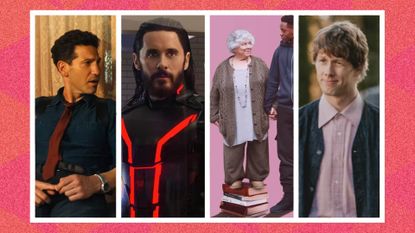Entertainment
All the best entertainment news, reviews and shortlists. Whether it's TV, movies or gaming information you need - you can find it here.
-
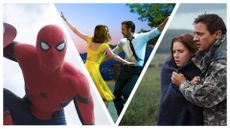
The films you can’t believe will be 10 years old in 2026
From superhero shake-ups to modern Oscar classics
By Jon Mundy Last updated
entertainment -

Best hip-hop albums ever: 50 classics ranked
From golden-era gems to modern masterpieces
By Marc Chacksfield Last updated
music -
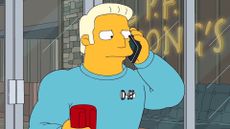
The Simpsons retires another iconic character after nearly 30 years
“Oh yeah!”
By Morgan Truder Last updated
entertainment -

The best Apple TV shows you really need to be streaming (January 2026)
Apple TV has a host of exclusive shows: here's the pick of the best.
By Marc Chacksfield Last updated
entertainment -
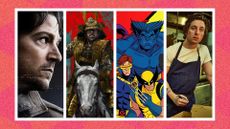
The best Disney Plus shows to stream today (January 2026)
These are the best Disney Plus TV shows to watch.
By Marc Chacksfield Last updated
entertainment -

The best NOW TV shows (January 2026): the best Sky series in one place
The best NOW TV shows and Sky series to watch - regularly updated.
By Rebecca May Last updated
entertainment -

The 50 best Disney Plus movies you need to stream (January 2026)
By Marc Chacksfield Last updated
entertainment -
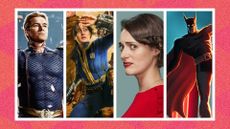
The best Amazon Prime series: fantastic Prime Video shows you need to stream (January 2026)
The best shows on Amazon Prime to watch today.
By Marc Chacksfield Last updated
tv -
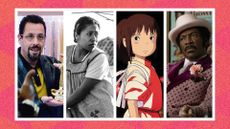
The best movies on Netflix (January 2026): the best Netflix films
The best Netflix movies right now — fantastic movies to stream.
By Marc Chacksfield Last updated
entertainment -
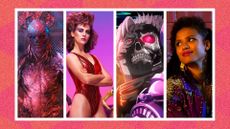
The best Netflix shows revealed - this is the TV to stream (January 2026)
These are the best TV shows on Netflix to stream right now...
By Marc Chacksfield Last updated
entertainment -
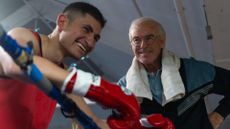
12 rounds with Pierce Brosnan and Amir El-Amir: Giant stars talk birdwatching, busting a move, and boxing ahead of Naseem Hamed biopic
Kings of the Ring.
By Hermione Blandford Published
entertainment -

Modern classics: the best films of the last decade, ranked
The last 10 years have produced some stunning movies, here's our pick of the best...
By Morgan Truder Last updated
entertainment -
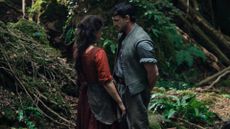
Before you watch Hamnet, here are 20 things you (probably) didn't know about Shakespeare's Hamlet
That rather splendid Hamnet adaptation stareing Jessie Buckley and Paul Mescal is going into cinemas this week but before that happens pass the time with these 20 things you (probably) didn't know
By Danielle de Wolfe Last updated
books -
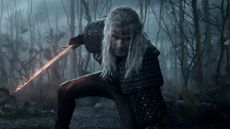
Netflix confirms new The Witcher TV series 5 is landing — and ending — in 2026
The final farewell?
By Hermione Blandford Published
entertainment -
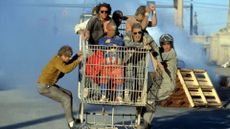
We’re officially getting a new Jackass movie – and there’s not long to wait
Here we go again
By Hermione Blandford Published
entertainment -
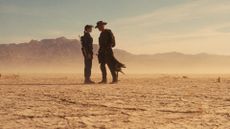
Fallout season 3 is filming much sooner than expected
Amazon’s post-apocalyptic hit isn’t wasting any time
By Morgan Truder Published
entertainment -
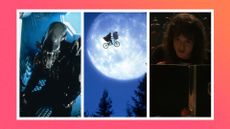
Stranger Things is over — here are nine things to fill that Vecna-shaped abyss
A trip down memory lane
By Jon Mundy Last updated
entertainment
